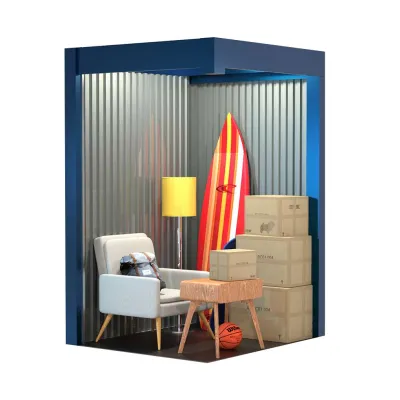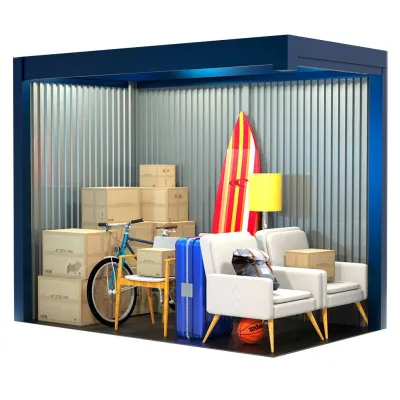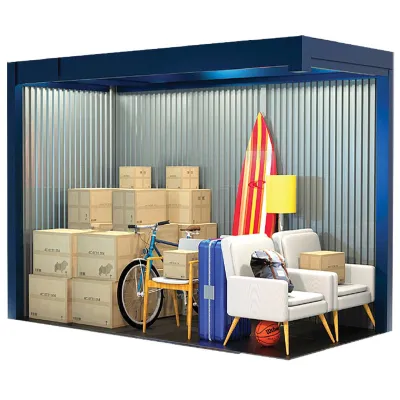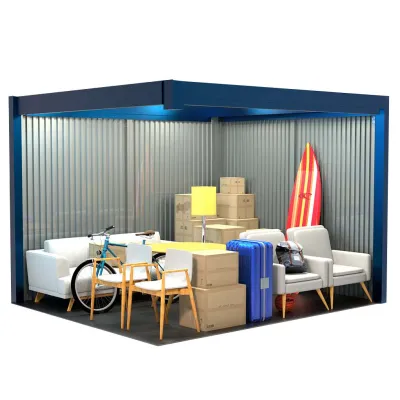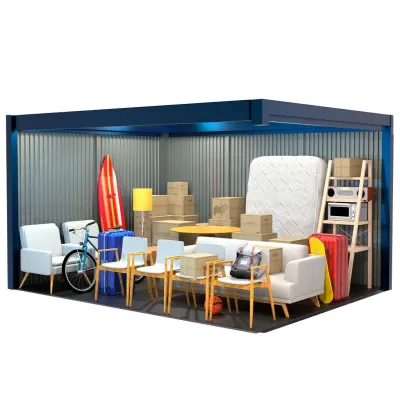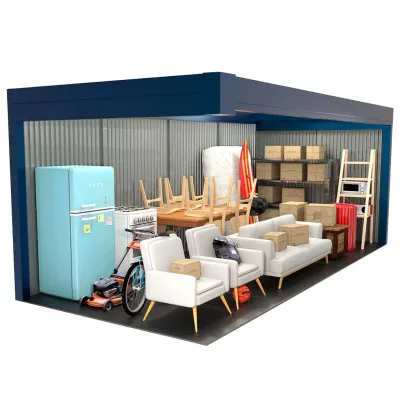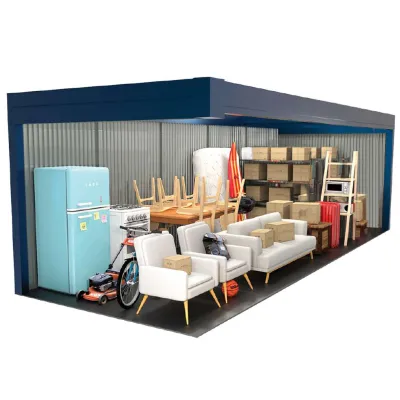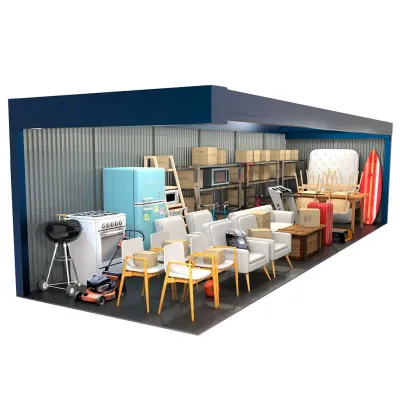
Complete Guide to Musical Instrument Storage
As every musician knows, a musical instrument is not merely an object; it is an extension of the artist's expression. Whether you're a professional player or guitarist who occasionally strums for fun, you understand the connection between the instrument's quality and its care.
Proper musical instrument storage is crucial to maintaining their health and longevity. However, storage isn't just about tucking your tools away in the garage; you have to create the right temperature, humidity, and protection to keep everything in top shape.
That's why a climate-controlled storage unit is a musician's go-to for ensuring their instruments are always ready to perform at their best.
Why Proper Musical Instrument Storage Is Essential
Instruments are delicate. Woodwind and brass can be sensitive to changes in humidity, strings can rust, and pianos are intricate systems that require precise care. There's also the elements outside anyone's control, like dust and temperature changes.
And if you live in a region prone to hurricanes or intense weather, you have more to worry about. With a climate-controlled storage unit, you get two major benefits: your instruments won't take up valuable space in your home, and they will be safe from environmental damage.
Understanding the Needs of Different Instruments
Each instrument has very specific needs that will impact the way you store them:
String Instruments
Maintaining the tension of strings and the form of the wood is critical. String instruments are particularly sensitive to humidity and temperature fluctuations, which can lead to warping and an off-tone sound.
Brass and Woodwind Instruments
Consistent air quality and temperature control are essential for brass and woodwind. Humidity can cause metal to corrode and woodwind padding to deteriorate.
Pianos and Keyboards
Pianos are complex systems of strings, hammers, pedals, and keys that can be sensitive to changes in temperature and humidity. Digital keyboards are more durable but still require proper care.
Percussion Instruments
While often more durable, percussion instruments like drums still require proper storage to prevent wear and tear. Cymbals, for example, should be stored vertically to avoid warping.
Preparing Instruments for Storage
Before you pack your instruments away, give them a little TLC:
Cleaning
Dust and dirt can harm your instrument's performance. Use the appropriate cleaning materials for your instrument type, such as a gentle cloth for strings, brass cleaner for brass, and wood polish for pianos. You should polish metal parts to prevent corrosion.
Maintenance
Any minor repairs should be addressed before storage, as issues could worsen in time. Service any moving parts and tune string instruments to the proper pitch.
Disassembly
String instruments, in particular, benefit from loosening the strings slightly, and removing the bow from the case, if applicable, can prevent warping.
Packing
After cleaning and maintenance, pack instruments snugly in their cases or other protective coverings. Avoid over-packing to prevent stress on the instrument when closing the case.
Protecting Instruments from Damage
It's not just about avoiding dings and dust:
Physical Damage
Instruments should not rest directly against each other or the walls for long-term storage. Avoid storing heavy items on top as well.
Adequate Support
Instruments should be supported adequately within their cases or storage space. Use pillows or soft blankets as shock absorbers for extra care.
Maintaining Ideal Storage Conditions
Consistency is key. A climate-controlled storage unit will maintain a moderate temperature (between 60-75°F) and a humidity level of around 40-60%. You should check with the storage facility you choose to make sure they follow these standards.
Regular Maintenance and Inspection
Even when stored, instruments are not out of harm's way. A regular check-up can make a huge difference:
Inspections
Periodically inspect your instruments for any signs of damage. Handling them during these checks can also prevent stiffness or sticking in moving parts.
Cleaning Schedule
Dust is a given, so have a schedule for cleaning your stored instruments. Use a microfiber cloth to gently pat down the surfaces, and follow up with any recommended polishes or cleaners.
Store Your Instruments With Midgard
Musical instrument storage and care are as much a part of the art of music as the playing itself. Taking the time and effort to ensure your instruments are well-maintained and organized in storage not only protects your investment but ensures that when the time comes to pull them out, they are ready to sing, strum, or hum as beautifully as the day you put them away.
Find your unit at Midgard Self Storage, where we offer a range of climate-controlled unit sizes for all kinds of musical instruments. Let us help you maintain the rhythm of your practice, performance, or jam session with proper musical instrument storage. Contact us today to book your unit!

